
If you have temporomandibular joint (TMJ) disorder, you already know how painful this often debilitating condition can be. Unfortunately, sometimes finding relief for that pain is nearly impossible. The good news is that with neuromuscular dentistry, TMJ disorder pain can subside and you can go back to living a normal, pain-free life. But in the meantime, lingering pain doesn’t have to stop you in your tracks. Here are some tips and tricks you can try to help ease TMJ disorder pain, whether you’re under treatment for the condition or not.




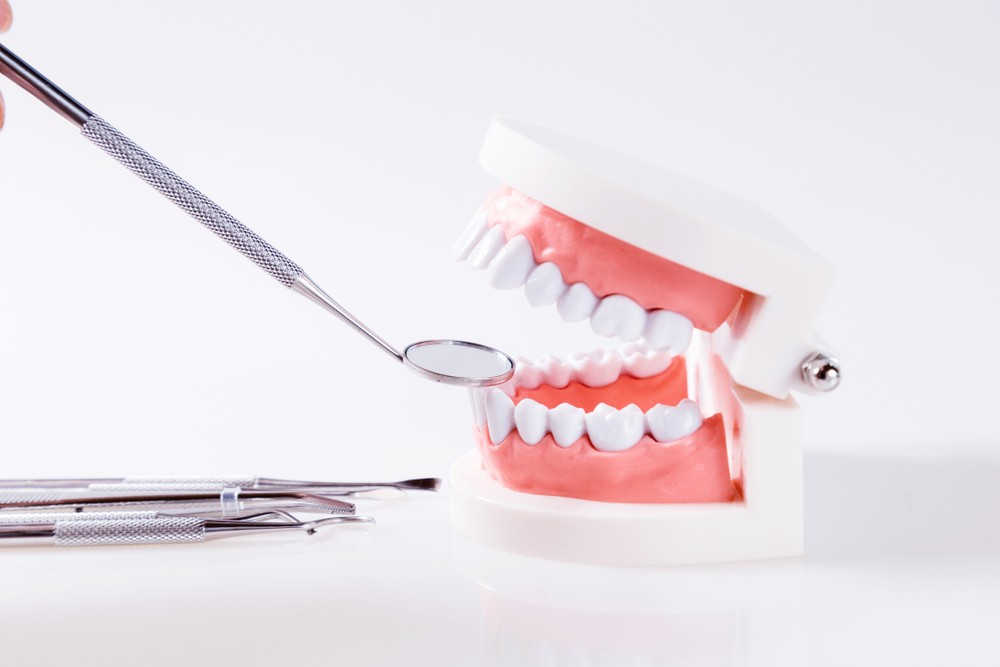 With estimates of nearly 50 percent of Americans suffering from some level of periodontal disease, dentists are ringing the alarm that periodontal disease (also known as periodontitis) could be a silent killer if not treated properly. Periodontitis has already been found to contribute to everything from heart attack, stroke and cancer to high blood pressure and type 2 diabetes.
With estimates of nearly 50 percent of Americans suffering from some level of periodontal disease, dentists are ringing the alarm that periodontal disease (also known as periodontitis) could be a silent killer if not treated properly. Periodontitis has already been found to contribute to everything from heart attack, stroke and cancer to high blood pressure and type 2 diabetes. We all know what can happen to our teeth and gums when we don’t take good care of our oral health: cavities, root canals, gum disease and worse. But what many people don’t realize is that our oral health doesn’t just affect our teeth and gums - it affects our entire body.
We all know what can happen to our teeth and gums when we don’t take good care of our oral health: cavities, root canals, gum disease and worse. But what many people don’t realize is that our oral health doesn’t just affect our teeth and gums - it affects our entire body.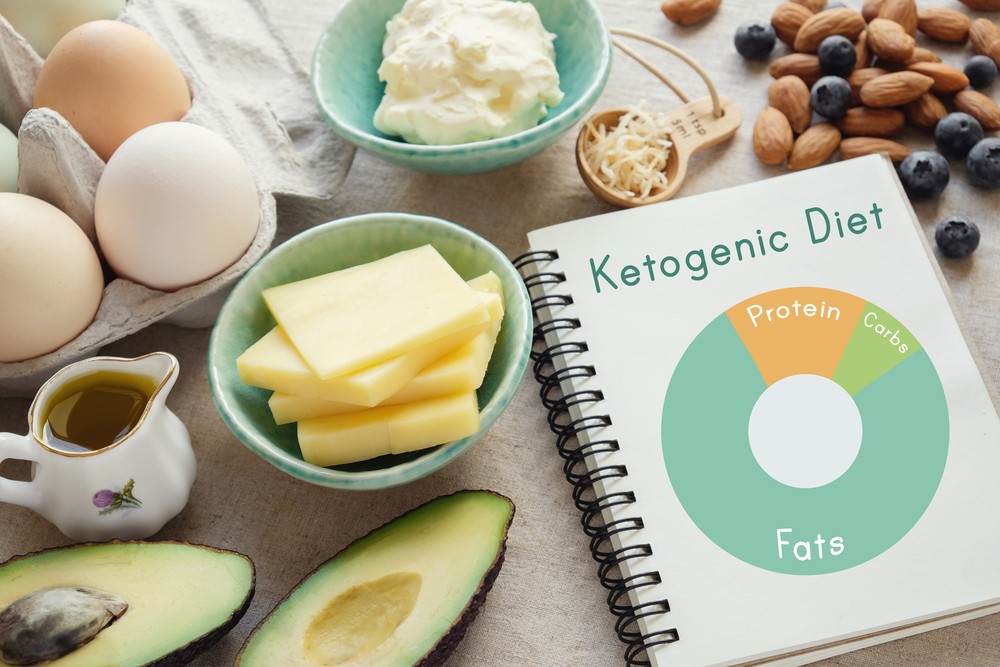 If you’ve decided to hop on the low-carb or ketogenic diet bandwagon to take control of your health and your weight, congratulations! Eating a diet low in carbohydrates is not just good for your waistline, but it can also help in many other ways, including lowering your risk of heart disease and diabetes and lowering your cholesterol. But while those health benefits are well known, or at least frequently discussed, many people don’t know what effect keto diets – or carbohydrates, for that matter – have on their oral health.
If you’ve decided to hop on the low-carb or ketogenic diet bandwagon to take control of your health and your weight, congratulations! Eating a diet low in carbohydrates is not just good for your waistline, but it can also help in many other ways, including lowering your risk of heart disease and diabetes and lowering your cholesterol. But while those health benefits are well known, or at least frequently discussed, many people don’t know what effect keto diets – or carbohydrates, for that matter – have on their oral health.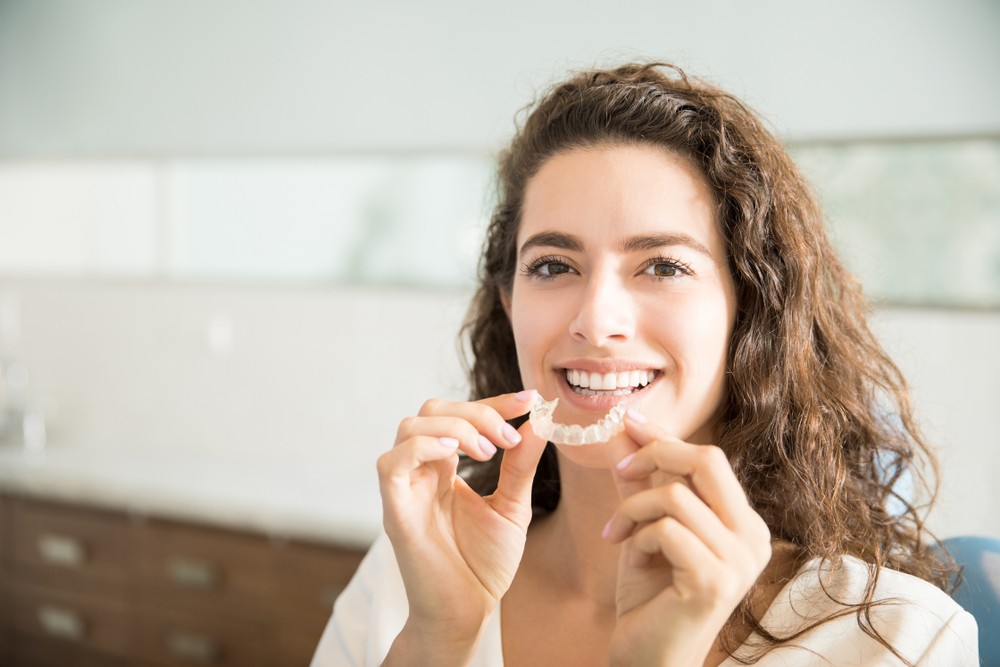 Patients looking for a seemingly more convenient way to get straighter teeth may soon have another option. With the advent of by-mail orthodontics, a crop of companies have begun to pilot at-home orthodontic kit sales and kiosks in stores and malls. But is this a good idea? After all, we all lead busy lives and convenience is important - but some dentists think this do-it-yourself trend could be very, very dangerous.
Patients looking for a seemingly more convenient way to get straighter teeth may soon have another option. With the advent of by-mail orthodontics, a crop of companies have begun to pilot at-home orthodontic kit sales and kiosks in stores and malls. But is this a good idea? After all, we all lead busy lives and convenience is important - but some dentists think this do-it-yourself trend could be very, very dangerous.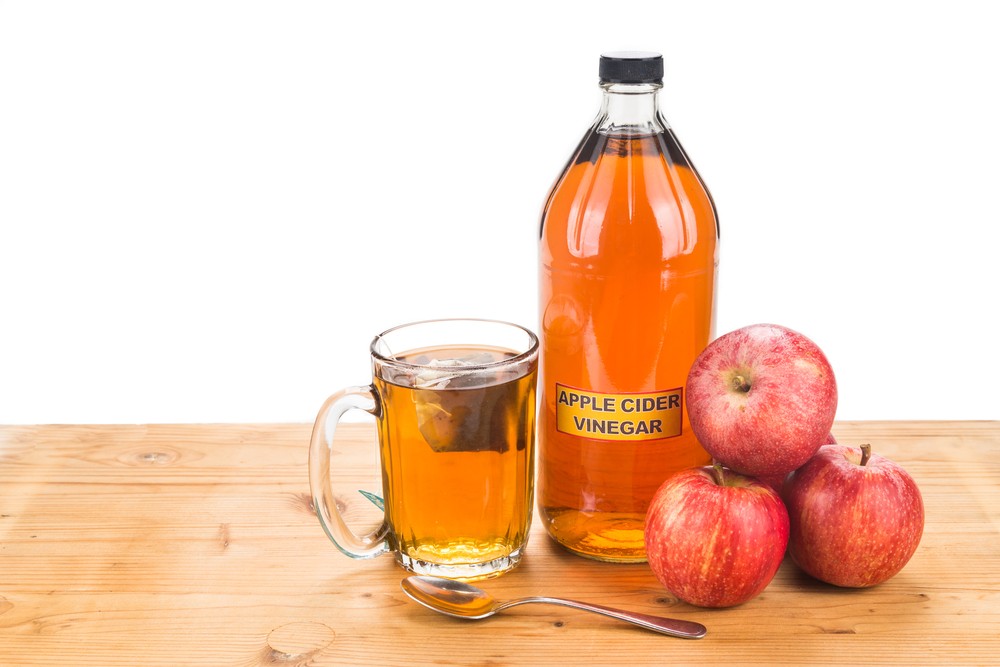 It’s soaring in popularity among celebrities and developing a cult following among the rest of the population. It’s supposed to do everything from suppress appetite to lower cholesterol – and it's affordable and available over the counter. So, what’s this miracle substance? It’s none other than apple cider vinegar - and it’s definitely got some cool uses.
It’s soaring in popularity among celebrities and developing a cult following among the rest of the population. It’s supposed to do everything from suppress appetite to lower cholesterol – and it's affordable and available over the counter. So, what’s this miracle substance? It’s none other than apple cider vinegar - and it’s definitely got some cool uses. A recent article in the news magazine Philly Voice shed light on a subject that may come as very little surprise to many of Dr. Lederman’s patients. Temporomandibular joint disorder, or TMJ disorder, is becoming increasingly common - especially among a certain subset of the population.
A recent article in the news magazine Philly Voice shed light on a subject that may come as very little surprise to many of Dr. Lederman’s patients. Temporomandibular joint disorder, or TMJ disorder, is becoming increasingly common - especially among a certain subset of the population. What’s more romantic than roses, chocolate and dark red wine? Maybe the ability to not look like you’ve indulged in said wine. But avoiding "wine teeth" is often easier said than done. That’s because that delicious dark red liquid is full of something called tannins. These little particles not only make wine more delicious by making it taste more dry, bitter and acidic, but they also leave behind little souvenirs called "chromogens," which give wine its color – and have the pesky habit of sticking to the teeth.
What’s more romantic than roses, chocolate and dark red wine? Maybe the ability to not look like you’ve indulged in said wine. But avoiding "wine teeth" is often easier said than done. That’s because that delicious dark red liquid is full of something called tannins. These little particles not only make wine more delicious by making it taste more dry, bitter and acidic, but they also leave behind little souvenirs called "chromogens," which give wine its color – and have the pesky habit of sticking to the teeth.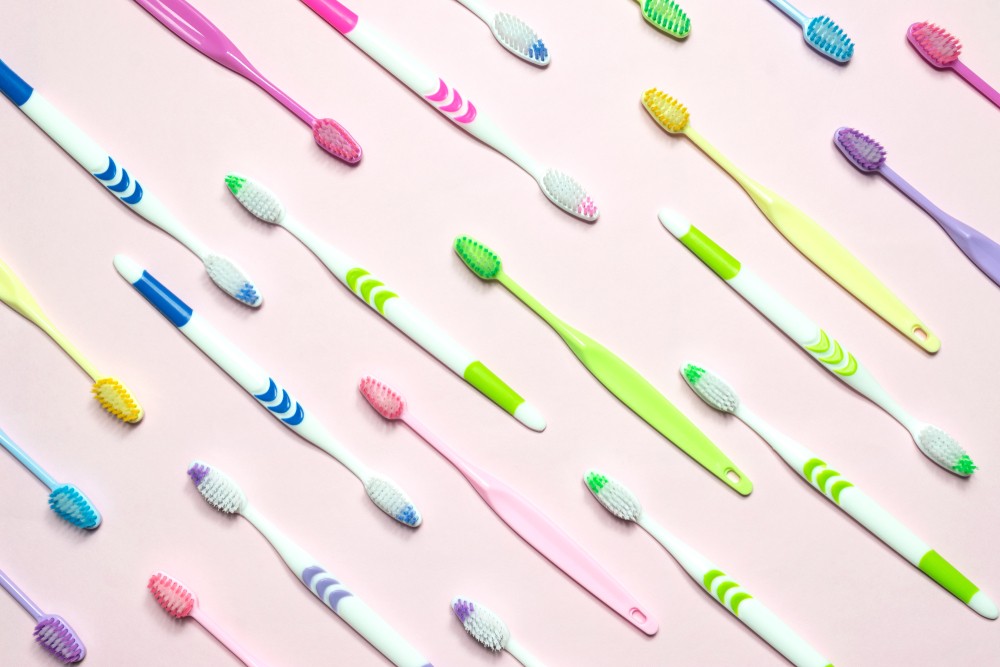 With spring almost here and warmer weather on the way, now is the perfect time for a spring cleaning - of your mouth! It may not seem obvious, but changing your oral health routine each season is a must to maintain a healthy smile. Here are some things you can do to maintain your oral health this spring.
With spring almost here and warmer weather on the way, now is the perfect time for a spring cleaning - of your mouth! It may not seem obvious, but changing your oral health routine each season is a must to maintain a healthy smile. Here are some things you can do to maintain your oral health this spring. You may have seen friends, family or television characters wearing devices on their face that connect to their braces and wondered what on earth they were wearing. Well, chances are it was something called orthodontic headgear, or more commonly referred to as simply headgear.
You may have seen friends, family or television characters wearing devices on their face that connect to their braces and wondered what on earth they were wearing. Well, chances are it was something called orthodontic headgear, or more commonly referred to as simply headgear. The results of an innovative new procedure were recently revealed in the Journal of Craniofacial Surgery. Five years in the making, the procedure was performed on a then-newborn baby (now age 5) who was diagnosed with the condition cleft palate in the womb. Cleft palate is a congenital condition wherein the roof of the mouth (the palate) is split (cleft) due to the palatal shelves failing to properly close during the embryonic stage.
The results of an innovative new procedure were recently revealed in the Journal of Craniofacial Surgery. Five years in the making, the procedure was performed on a then-newborn baby (now age 5) who was diagnosed with the condition cleft palate in the womb. Cleft palate is a congenital condition wherein the roof of the mouth (the palate) is split (cleft) due to the palatal shelves failing to properly close during the embryonic stage.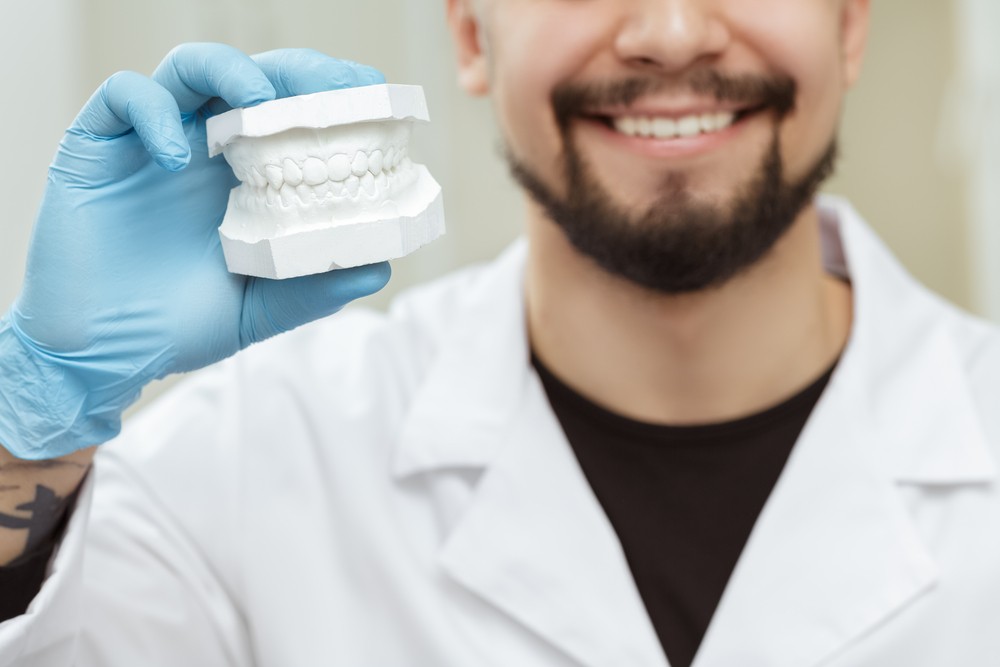 If you have temporomandibular joint disorder, you know the pain and frustration that usually goes along with it: stiff neck and jaw, headaches, back aches and ringing ears, just to name a few. It can often feel like neuromuscular dentistry treatment isn’t working fast enough, and there’s nothing you can do to ease the pain in the interim. But there’s a treatment you may not have considered, and it works concurrently with your neuromuscular dentistry treatment: physical therapy.
If you have temporomandibular joint disorder, you know the pain and frustration that usually goes along with it: stiff neck and jaw, headaches, back aches and ringing ears, just to name a few. It can often feel like neuromuscular dentistry treatment isn’t working fast enough, and there’s nothing you can do to ease the pain in the interim. But there’s a treatment you may not have considered, and it works concurrently with your neuromuscular dentistry treatment: physical therapy.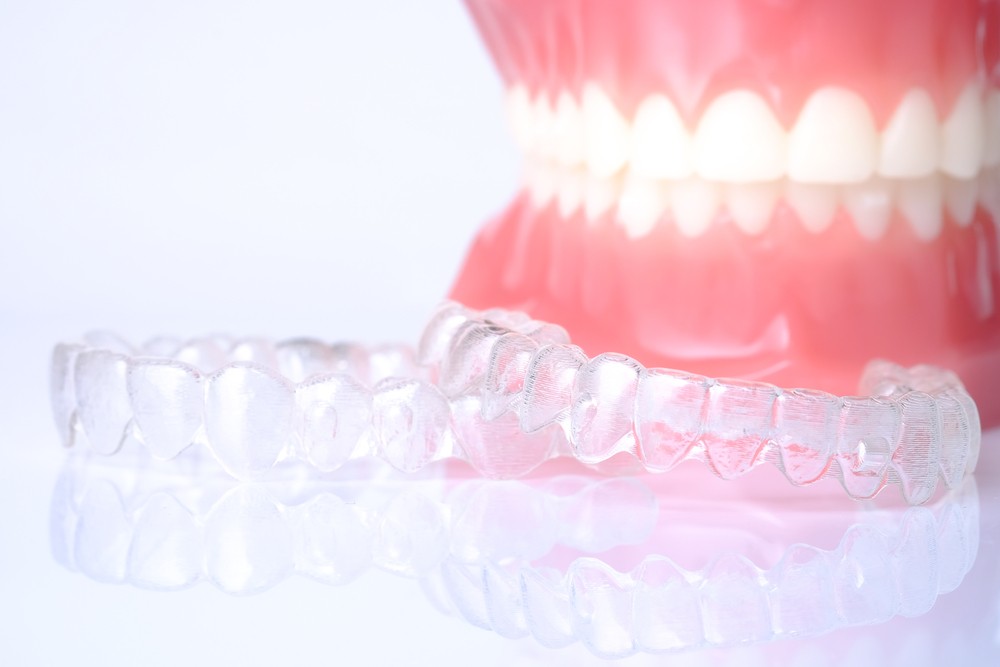 We all lead busy lives. Between work, family commitments and social activities, it can be difficult to add another activity to your already-full plate - even if that activity will improve your health and appearance. Take braces, for example. In addition to wearing aligners or wires and brackets, braces require extra care and extra time for orthodontic appointments. That can be difficult for some people to squeeze into a packed schedule, so they put it off or simply never do it.
We all lead busy lives. Between work, family commitments and social activities, it can be difficult to add another activity to your already-full plate - even if that activity will improve your health and appearance. Take braces, for example. In addition to wearing aligners or wires and brackets, braces require extra care and extra time for orthodontic appointments. That can be difficult for some people to squeeze into a packed schedule, so they put it off or simply never do it.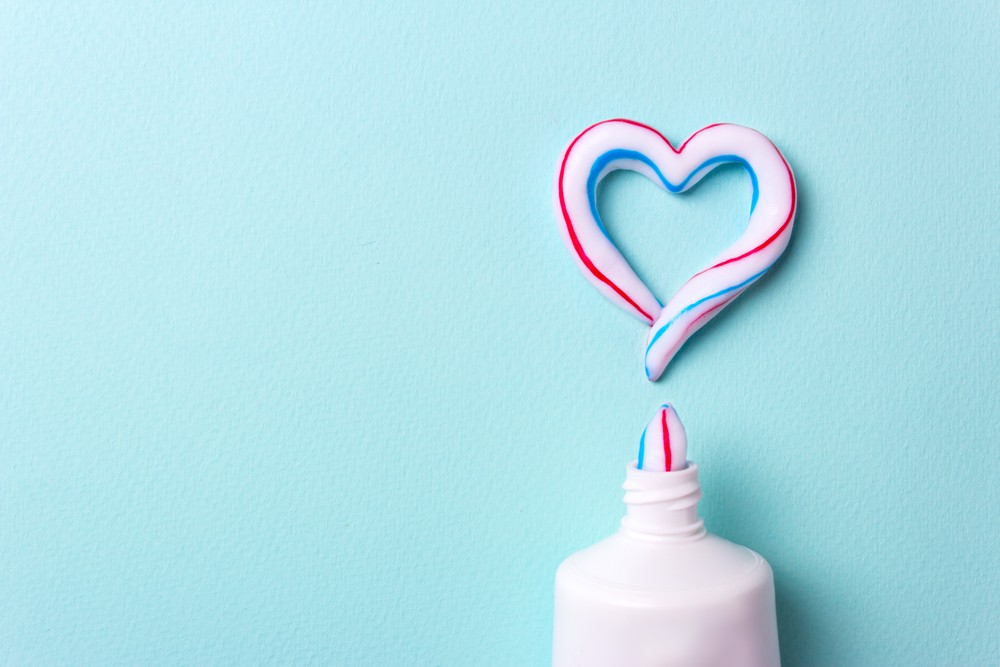 Over the past few years, research has shown that poor oral health contributes to more than just cavities, bad breath and gum disease. It has been found to cause or contribute to everything from heart disease to diabetes, cancer, high blood pressure and even stroke. But new research is linking poor oral health - or more specifically gum disease - to the illness lupus.
Over the past few years, research has shown that poor oral health contributes to more than just cavities, bad breath and gum disease. It has been found to cause or contribute to everything from heart disease to diabetes, cancer, high blood pressure and even stroke. But new research is linking poor oral health - or more specifically gum disease - to the illness lupus. Your tooth enamel is the hardest biological material in our body - harder than even bone. But despite its strength, it is still susceptible to damage from some surprisingly common culprits. Keeping enamel safe and intact is the best way to maintain the health of your teeth, but many people don’t realize these common behaviors could be putting their enamel at risk.
Your tooth enamel is the hardest biological material in our body - harder than even bone. But despite its strength, it is still susceptible to damage from some surprisingly common culprits. Keeping enamel safe and intact is the best way to maintain the health of your teeth, but many people don’t realize these common behaviors could be putting their enamel at risk. We all know how important it is to love ourselves - and that includes taking care of our health and hygiene. But many people don’t think of their oral hygiene when they think about self-love. This Valentine’s Day, don’t forget your oral health - it just may be the most important part of yourself to protect.
We all know how important it is to love ourselves - and that includes taking care of our health and hygiene. But many people don’t think of their oral hygiene when they think about self-love. This Valentine’s Day, don’t forget your oral health - it just may be the most important part of yourself to protect. If you think of how dental technology has changed over the decades from the days of wooden dentures and boar-bristle toothbrushes, it’s pretty astounding. But for all the advances in how we care for and examine teeth, there has not been much change in the way we heal teeth - until now. That’s because scientists at King’s College in London are creating a self-regenerating tooth.
If you think of how dental technology has changed over the decades from the days of wooden dentures and boar-bristle toothbrushes, it’s pretty astounding. But for all the advances in how we care for and examine teeth, there has not been much change in the way we heal teeth - until now. That’s because scientists at King’s College in London are creating a self-regenerating tooth. With the New Year right around the corner, many of us are making resolutions to get healthier. But if all you’re planning on changing is your diet and exercise routine, those resolutions may not be going far enough. That’s because in order to have a truly healthy body, you have to have a healthy mouth. Poor oral health has been directly linked to everything from cancer to stroke to diabetes, Alzheimer’s and even heart disease.
With the New Year right around the corner, many of us are making resolutions to get healthier. But if all you’re planning on changing is your diet and exercise routine, those resolutions may not be going far enough. That’s because in order to have a truly healthy body, you have to have a healthy mouth. Poor oral health has been directly linked to everything from cancer to stroke to diabetes, Alzheimer’s and even heart disease.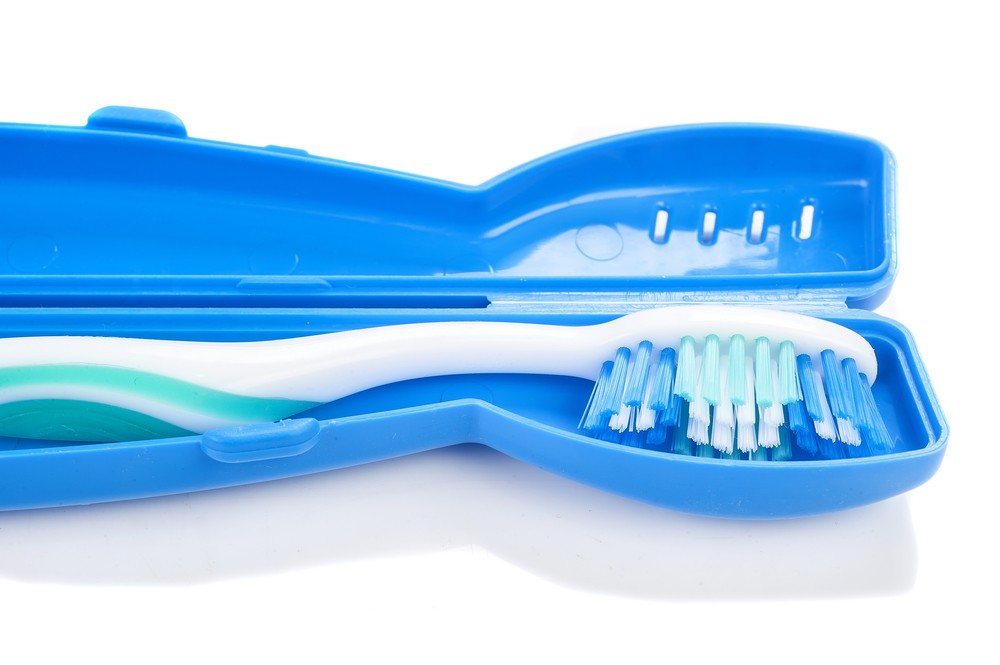 It’s a fact of life these days that most of us work pretty long hours. Those late workdays don’t leave time for much outside of work - including maintaining our oral health. But don’t let a hectic workday be your excuse to not care for your teeth. It may seem impossible, or at very least not worth the trouble, but keeping your teeth clean during the workday is a great way to stave off many oral health problems that could arise down the line. Here are a few of our favorite tips.
It’s a fact of life these days that most of us work pretty long hours. Those late workdays don’t leave time for much outside of work - including maintaining our oral health. But don’t let a hectic workday be your excuse to not care for your teeth. It may seem impossible, or at very least not worth the trouble, but keeping your teeth clean during the workday is a great way to stave off many oral health problems that could arise down the line. Here are a few of our favorite tips.